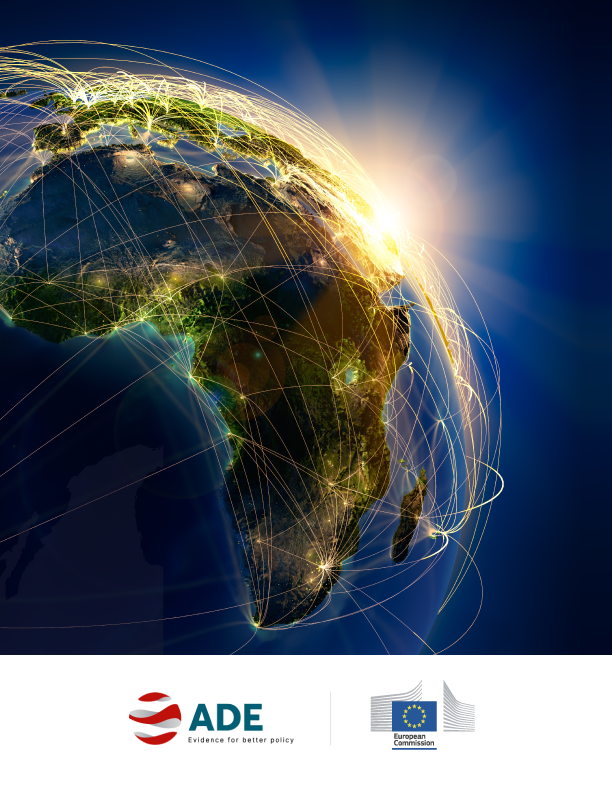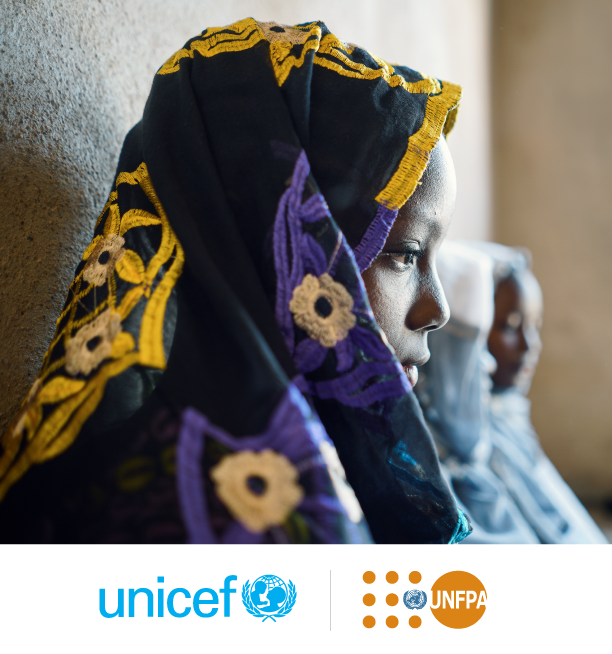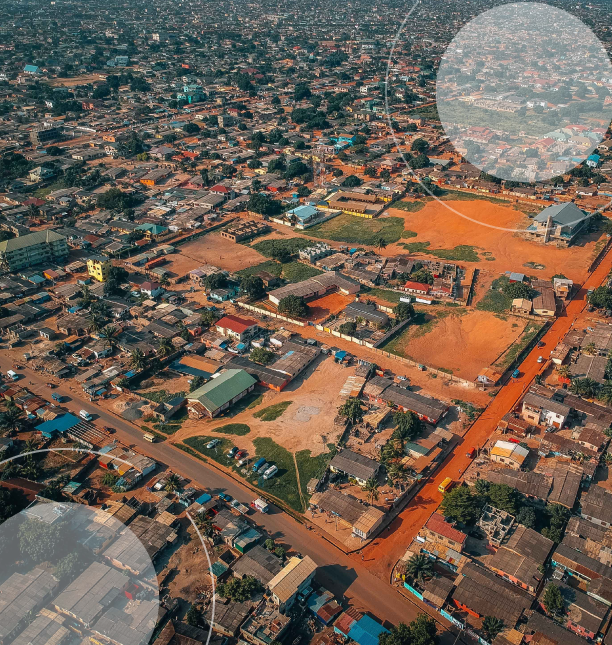Ghana
34
Population 2023 (Millions)
0.6
HDI Score
2022 (Max. 1)
63.0
SDG Score
2023
(Max. 100)
0.5
Gender Inequality
Index Score
(Max. 1)
73
Internet Inclusivity
Index 2022
(100 countries)
Overview
Projects

- Partner(s): ADE (Funder), EU DEVCO
This study, produced in collaboration with ADE, assessed the European Union’s external cooperation for development (DEVCO, now INTPA) in the cross-cutting field of digitalization in Sub-Saharan Africa (SSA), with a view to issuing a series of lessons learned and recommendations to inform current and future cooperation work. In particular, this evaluation focuses on understanding and analyzing DEVCO’s investments and projects in the region, the extent to which these projects are strategically promoting the pillars, objectives and values of the EU frameworks, and to identify complementarities or lack thereof with other relevant national, regional, and international stakeholders.

- Partner(s): UNFPA, UNICEF (Funder)
The need to end child marriage and FGM has never been greater –without accelerated progress to end both of these harmful practices, millions of women and girls across the globe will continue to be in danger. DPA, in collaboration with UNICEF and UNFPA, conducted a comprehensive landscape mapping and review of key technology-based interventions to address child marriage and FGM across 13 countries in Africa and Asia (Bangladesh, Burkina Faso, Egypt, Ethiopia, Ghana, India, Kenya, Mozambique, Nepal, Sierra Leone, Sudan, Uganda, Zambia). During the second phase of the project, DPA carried out an in depth review of three selected interventions to better understand their effectiveness, key success factors, and potential areas for improvement.
The methodology proposed by DPA was based on intersectional feminist approach and an analysis integrating both quantitative and qualitative research methods, as well as traditional and non-traditional data sources collected at different stages of the study, underpinned by a participatory approach involving UNICEF, UNFPA, and other stakeholders.

- Partner(s): GIZ, Ministry of Communication and Digitalisation (Ghana), Smart Africa (Funder)
Data-Pop Alliance, in partnership with Smart Africa, contributed to the development of Ghana’s national data strategy in line with the country’s priorities in terms of sustainable development, promotion of innovation, the creation of value and, above all, digital sovereignty. The general objectives are:
(1) Promoting the Sustainable Development Goals (SDGs), including by strengthening data partnerships and local capacities;
(2) Promoting good governance in general, and data governance, data sharing and collaboration with the private sector;
(3) Supporting better targeting and use of development data;
(4) Promoting research and innovation in the field of data, academia, new businesses; and
(5) Developing data skills.
